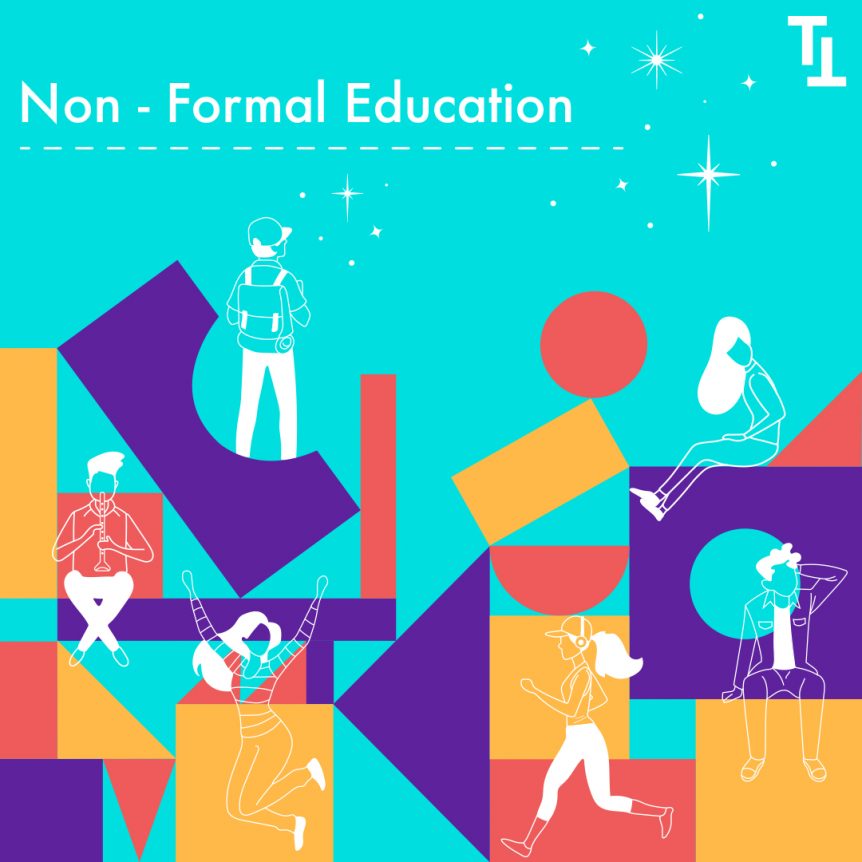
If a person masters a skill by becoming deeply engaged in solving a problem, then giving students real world issues or opportunities to solve problems in their own lives and communities would significantly motivate and help them to master new concepts.

everything that is a part of their life is used as a means to learn about themselves, their communities, and their culture.
WHAT IS MEANT BY NON FORMAL EDUCATION HOW TO
Through their traditional science, children learn how to contribute to health and food production. Onipede, a Yoruba name in Nigeria, suggests that the child was born soon after the death of a family member. A child can even learn the circumstances of their birth through their names. Children are encouraged to show respect to their elders and through this, children learn how to show respect through their actions and words. In northern Tanzania and southern Kenya, the children of the Maasai pastoralists learn skills such as "where to find water and green shrubs that can be fed to young calves" in case of drought. Oral traditions are used to teach children about history and morals as well as other forms of culture and practical skills for survival. Through song and dance children learn more about their language as well as how to read and write. The culture within traditional African communities contain methods of learning. Similar to other indigenous communities such as the Chillihuani in Peru, African education is created with goals in mind but is not limited to typical classroom settings students continually participate in various learning activities as they grow in the community. Their education system serves as "the information base for the community, which facilitates communication and decision-making". The knowledge and practices that are important to the community are generally passed down through the sharing of memories and participation in cultural activities. The philosophy of traditional African education suggests that one’s education cannot be separated from the everyday life and the "curriculum" is thus considered "a way of life" with the ultimate goal being to create a "complete individual, a lifelong learner". The tradition of African education has long been closely intertwined with the daily life of the African people with the idea that children "learnt what they lived". Informal education has been the practice of indigenous communities in Africa as long as people have lived there. There is no curriculum or guiding plan for a lot of work. Democracy and the active involvement of people in the issues that affect their life.Respect the unique value and dignity of each human being.Bridges gap between theory and practical.
WHAT IS MEANT BY NON FORMAL EDUCATION FOR FREE

Informal education looks to create or deepen situations where people can learn, explore and enlarge experiences, and make changes.Some characteristics of informal education are: It helps to cultivate communities, associations and relationships that make for a positive learning environment. This type of education is a spontaneous process, which helps people to learn information in a new way. Informal education may be viewed as the learning that comes as a part of being involved in youth and community organizations. In addition, it combines social entities that are important for learning. Informal education can help individuals learn to react to and control different situations and settings. Informal education is less controlled than the average classroom setting, which is why informal education can be so powerful.

People interpret information differently, and therefore a structured curriculum may not allow all learners to understand the information.


 0 kommentar(er)
0 kommentar(er)
